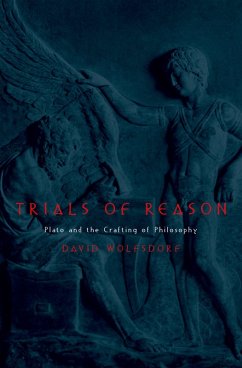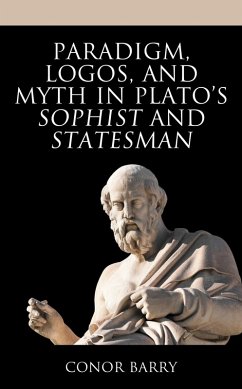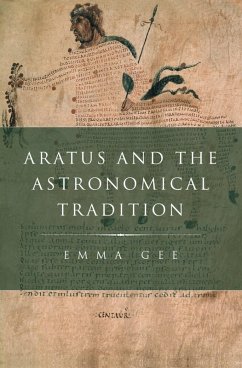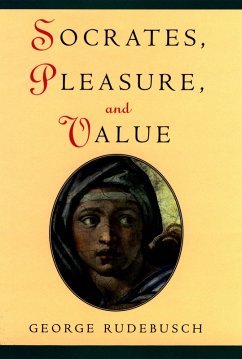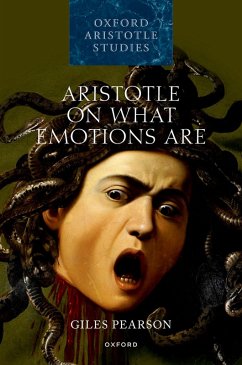
Listening to Reason in Plato and Aristotle (eBook, PDF)
Versandkostenfrei!
Sofort per Download lieferbar
41,95 €
inkl. MwSt.
Weitere Ausgaben:

PAYBACK Punkte
21 °P sammeln!
Focusing on Plato's Republic and Aristotle's Nicomachean Ethics, this book compares their views on the persuasiveness of moral argument: how far did they think it could reach beyond a narrow circle of believers and influence people more generally? Answering this question requires a wide-ranging approach, which examines their views on such topics as rationality, moral psychology, rhetoric, education, and gender. The first part of the book shows that for Plato certain kinds of argument are beyond the reach of most people, specifically arguments that make appeal to transcendent Forms. But he stil...
Focusing on Plato's Republic and Aristotle's Nicomachean Ethics, this book compares their views on the persuasiveness of moral argument: how far did they think it could reach beyond a narrow circle of believers and influence people more generally? Answering this question requires a wide-ranging approach, which examines their views on such topics as rationality, moral psychology, rhetoric, education, and gender. The first part of the book shows that for Plato certain kinds of argument are beyond the reach of most people, specifically arguments that make appeal to transcendent Forms. But he still thought that there is another level of argument, restricted to human psychology and politics, which could have a much wider appeal, especially if supplemented by the appropriate rhetoric. The second half of the book turns to the Nicomachean Ethics to determine Aristotle's views about the reach of moral argument, as well as its purposes. He is certainly very restrictive when it comes to the kinds of argument pursued in the work itself, proposing to talk only to those who are mature in years and well brought up. Like Plato, however, he also allows for the possibility of another type of discourse, which is more rhetorical in nature and could benefit those who are less mature. Though mainly focused on the Republic and Nicomachean Ethics, this book also examines relevant passages from Plato's Laws and Aristotle's Politics.
Dieser Download kann aus rechtlichen Gründen nur mit Rechnungsadresse in A, B, BG, CY, CZ, D, DK, EW, E, FIN, F, GR, HR, H, IRL, I, LT, L, LR, M, NL, PL, P, R, S, SLO, SK ausgeliefert werden.







